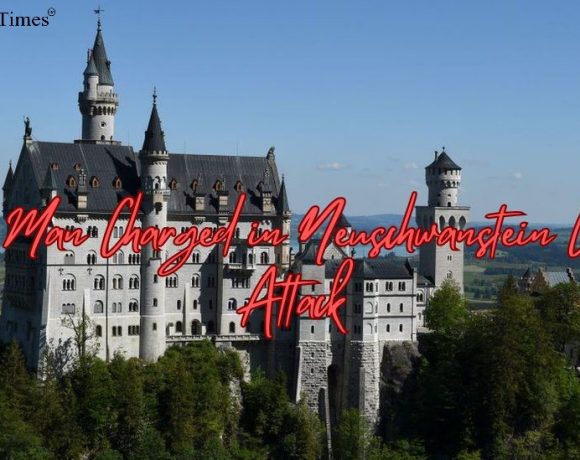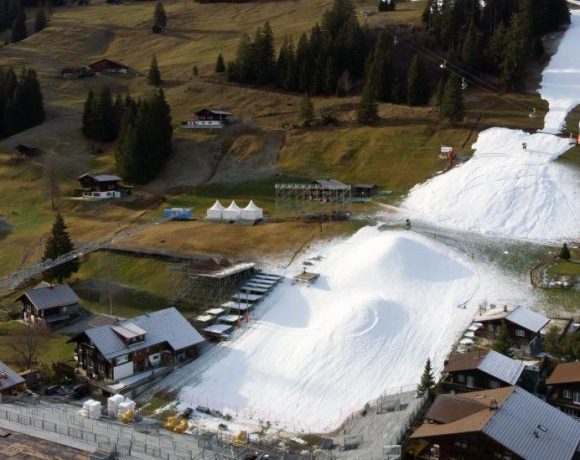
A man in the United States has been charged with severe crimes, including murder, rape, and attempted murder, following a violent assault on two American women near Neuschwanstein Castle in Germany in June. The 31-year-old suspect, whose identity has not been disclosed publicly, could face a life sentence if found guilty.
According to the prosecutors, the accused enticed the 21-year-old and 22-year-old women off the trail, sexually assaulting the younger victim. A struggle ensued when the older victim attempted to intervene, leading to both women being pushed into a deep ravine. While the 21-year-old woman succumbed to her injuries, the older victim managed to survive.
Neuschwanstein Castle, a renowned tourist destination in southern Bavaria, Germany, attracts over 1.3 million visitors annually. Built in the 19th century as a royal residence, it has never been inhabited.
The incident occurred on June 14, shortly after the perpetrator encountered the two women near the Marienbrücke bridge, a popular spot for viewing the castle. He guided them to an obscure path under the guise of helping them navigate the challenging route to the bridge.
The prosecutors stated that the suspect forcefully immobilized the 21-year-old, undressing her and engaging in sexual acts. When the 22-year-old attempted to intervene, he pushed her down the slope. Although she fell around 50 meters (164 feet) and sustained multiple injuries, she managed to survive. Allegedly, the man strangled and raped the younger victim before also pushing her down the slope, resulting in her death.
The authorities apprehended the suspect later that day following an extensive search involving more than 25 law enforcement vehicles. An eyewitness, another American tourist, reported observing the suspect with scratches on his face as he walked alongside the police during the arrest.
Picture Courtesy: Google/images are subject to copyright

